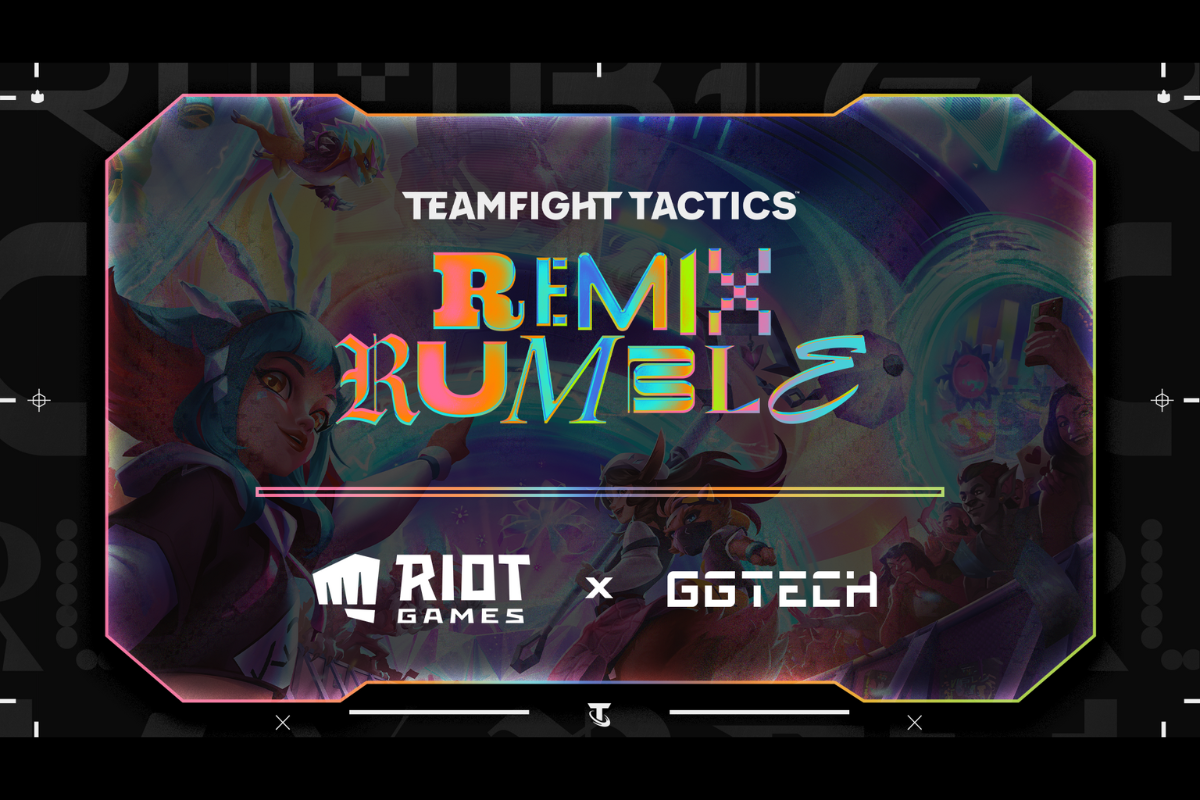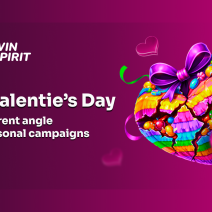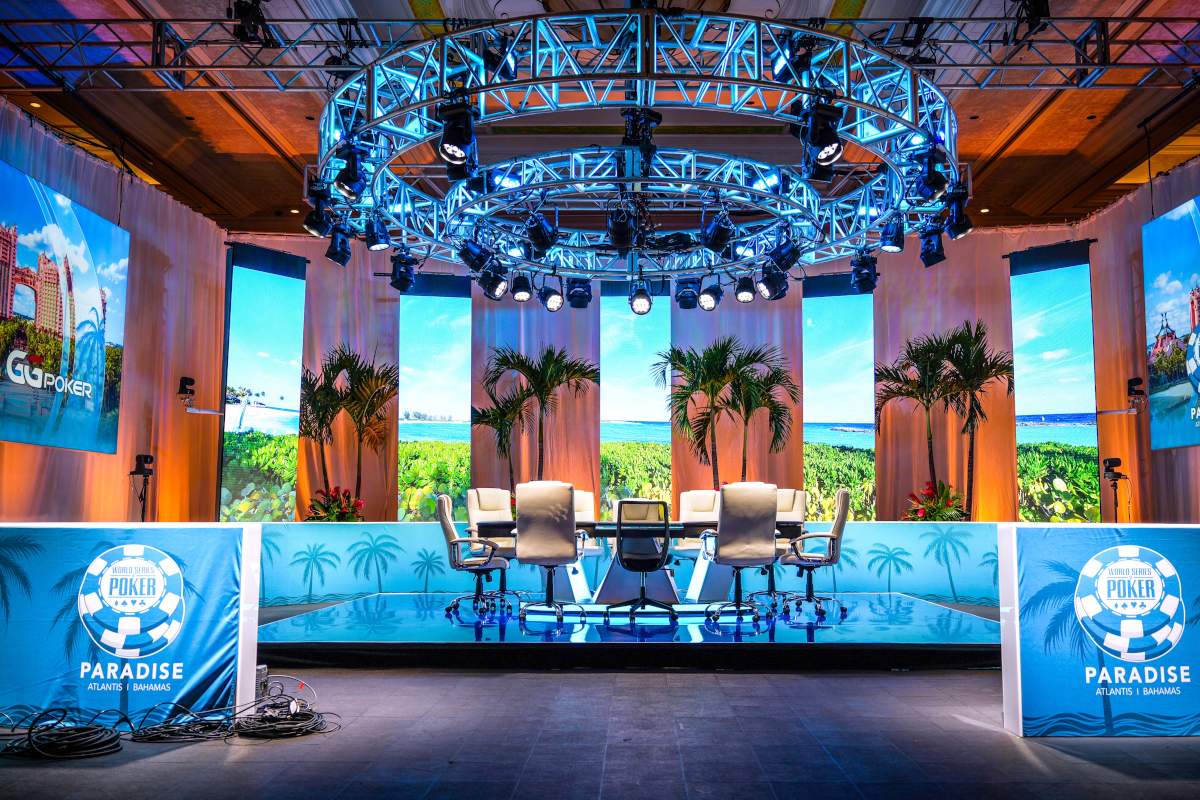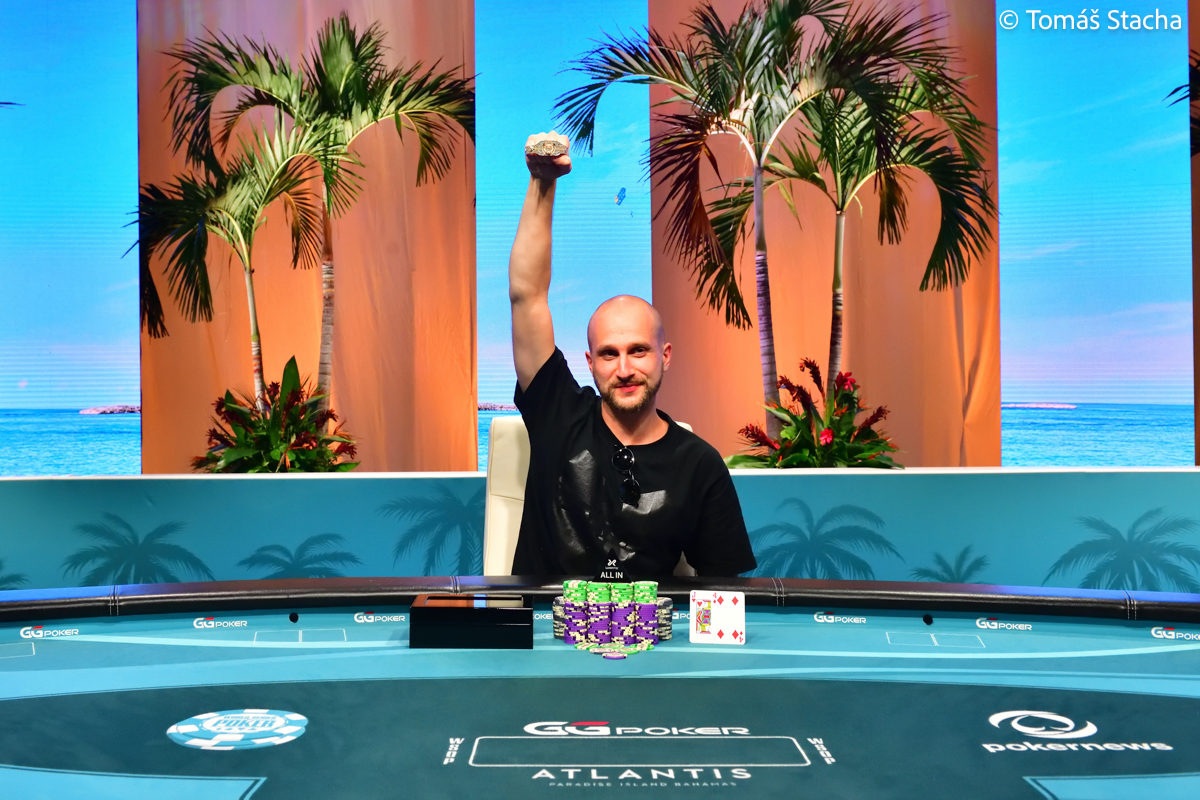
Riot Games chooses GGTech Entertainment as Tournament Organizer for TFT Remix Rumble Season in North America
The partnership reinforces commitment to expand GGTech’s North American presence.
■ Riot Games redefines competitive TFT with Remix Rumble Set. For this set, two cups will be contested: the K/DA Cup and the Heartsteel Cup.
■ The North American TFT Set kicked off with a LAN event at the MGM Grand in Las Vegas. North American player Milala emerged as the champion, claiming the top prize of $100,000 USD.
Austin, TX, December 14th, 2023.- GGTech Entertainment, one of the leading corporations in the esports and gaming industry worldwide, has been selected by Riot Games to team up and operate the Teamfight Tactics Remix Rumble Set in North America. The global company will assume the role of the Tournament Organizer and Broadcast Operator for the TFT Remix Rumble season across the United States and Canada.
In this way, GGTech and Riot Games aim to further enhance the competitive TFT scene globally and to offer the best experience to fans and communities. From TFT Dragonlands (Set 7), GGTech has consolidated its position as the TFT World Championship producer for Riot Games.
In addition, this new partnership cements GGTech’s commitment to further expand its operations in North America.
What’s new for this set?
Riot Games has unveiled Remix Rumble on November 21st, introducing significant changes to enhance the gaming experience. The mid-set has been removed, and the set duration is extended to 4 months.
Remix Rumble brings Riot’s beloved music IP to the forefront, blending creativity into an exhilarating set. This release also signifies a move towards a schedule of 3 sets annually.
How will the competition be?
With the arrival of Remix Rumble Set, exciting changes are on the horizon for the competitive format, promising a more concise and action-packed gaming experience. Two cups, the K/DA and the Heartsteel Cups, will take center stage, each offering four coveted slots for the Regional Finals. Additionally, the top 10 players with the highest accumulated points across both cups will also advance to the next phase. The top 6 leaders of the Official Ladder Board will do the same, with Snapshots obtained every Wednesday between January 3 and February 7.
The Regional Finals will be a fierce battleground, in which four players will qualify to the Remix Rumble Championship, the global competition of Teamfight Tactics. Qualifier points will be earned by players based on their performance in both the K/DA Cup and the Heartsteel Cup. The top 10 players with the highest cumulative points across both cups secure spots at the North American Regional Finals.
The K/DA Cup and the Heartsteel Cup will boast a prize pool of $12,500 each, while the Regional Finals will offer a substantial $35,000 prize pool.
For more detailed information on registration, breakdown of qualifier and leadership snapshots, please visit: natftesports.teamfighttactics.leagueoflegends.com
TFT Las Vegas Open
From December 8 to 10, 512 players worldwide faced off at the MGM Grand in Las Vegas for a LAN event, marking the start of North America’s TFT Remix Rumble competitive season.
Milala, from NA, dominated the competition, securing the first-place prize of $100,000 USD out of the total $300,000 USD distributed in the tournament. Thus,
Milala became the inaugural winner of the TFT Vegas Open, defeating Humbug in the Annie reroll comp from NA.










